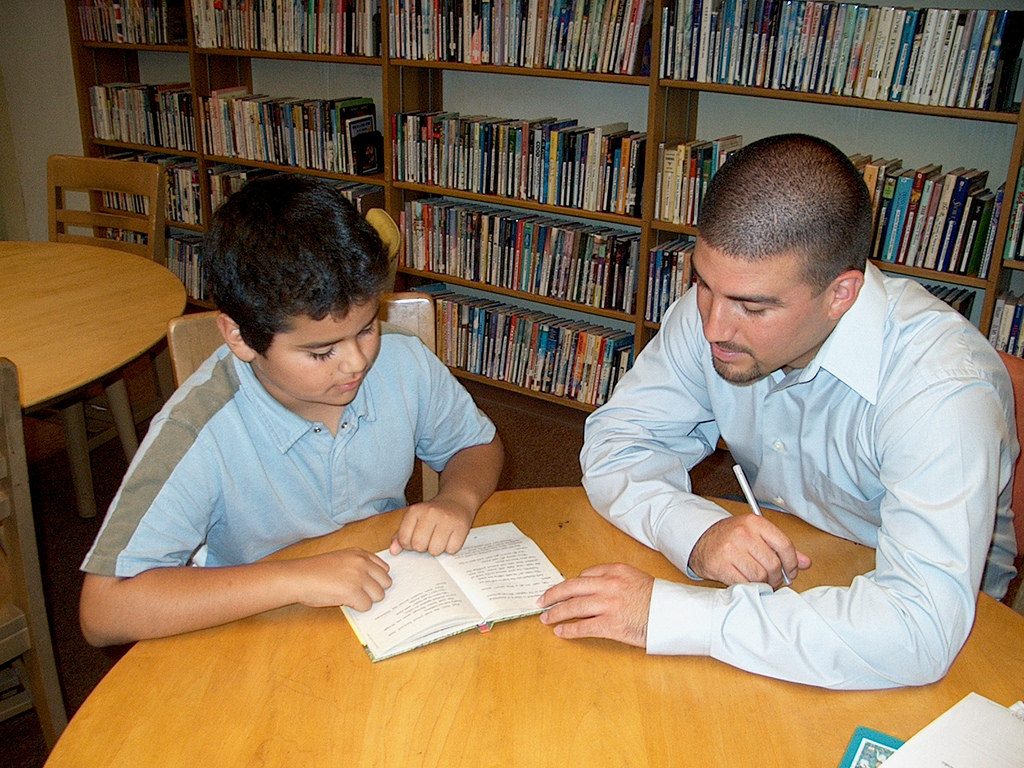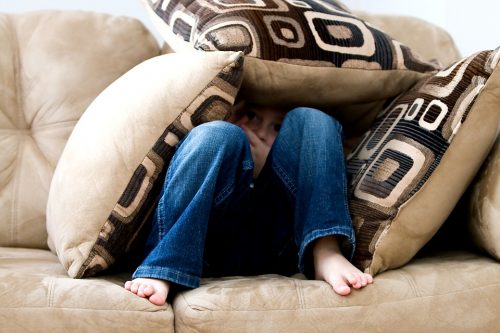
Due to the standards imposed by schools these days, children are expected to work hard and excel academically. “There’s tremendous anxiety in kids and we’re definitely seeing an increase” says by psychologist Dr Helen Clark, PhD in an article on Parent24 Struggling with an anxious Child. As a result, parents are inclined to get after-school tutorial services to help their kids not only regarding completing their homework but mastering their lessons as well. In the case of children who were diagnosed with anxiety, tutors have to exert more effort compared to the average students just to harness their academic and emotional skills. To help children with anxiety, a full understanding of the condition is imperative so that the tutor can design the lesson in such a way that can be fully grasped by the child.
How Does Anxiety Impede Learning?

“Some kids might appear really ‘on’ at one point but then they can suddenly drift away, depending on what they’re feeling anxious about,” says neurologist and former teacher Ken Schuster, PsyD. “That looks like inattention, and it is, but it’s triggered by anxiety.” Anxiety has a significant effect on the child’s learning as it weakens the cognitive ability to distinguish the difference between circumstances. Anxiety also brings in that inward fear that disables the child to socialize and fully understand the lesson that is being taught by the teacher.
The factors that cause anxiety has to do with some traumatic experiences that have happened during early childhood, emotional abuse, physical abuse and the like. These experiences can be very overwhelming and can lead to a profound and even permanent effect on a person’s life.
Individually, the effect of anxiety regarding learning are as follows:
- Having a shallow frustration level that keeps the child from completing school task
- Not asking any help from parents or teacher
- The fear of being mocked when some clarifications on the instruction are needed
- Being inattentive, restless and disorganized
Anxiety can be correlated to numerous learning disorders, and it can affect the child’s ability to learn. But then, it is important to stress out that this inability to learn like normal kids can be attributed to the condition and situation at home as well.
Can Tutoring Help Reduce Daytime School-Related Anxiety?

According to some studies, tutoring can somehow help a child with anxiety perform well in school. Because of the extra help, the child’s confidence is built which then reduces the stress or pressure on his part to achieve well in school. The scientific explanation on this has to do with the amygdala, the brain’s fear control point, which then reduces its activity, giving the child the confidence in whatever he is doing at school.
“The most exciting aspect of our findings is that cognitive tutoring not only improves performance, but is also anxiety-reducing,” says Vinod Menon, PhD, professor of psychiatry and behavioral sciences. Tutoring, especially, one-on-one setups, was found to be a big help not only in building academic skills but social skills as well. Because of the advancement and harnessing of skills, the child was able to establish that confidence, stability and eventually comfort in the classroom. As a result, anxiety is reduced, and the child can now fully absorb the lesson just like any other disorder-free kids.
Anxiety among students is pretty standard these days due to the many unavoidable circumstances in their environment. It can significantly affect a child’s social skills and academic performance. However, there ways to overcome this situation, and the one-on-one tutorial was found to be very useful in addressing academic problems. Aside from the educational advantage, it can also help stabilize the child’s emotion and state of mind, enabling him to feel confident in the mainstream.
Note: Parents fighting in front of kids can also add to their anxiety. So please, it is imperative for parents to talk about their differences behind closed doors to avoid the escalation of your child’s mental health disorder. Remember, this can be a traumatic experience for your child. It can genuinely affect his school and learning performance.